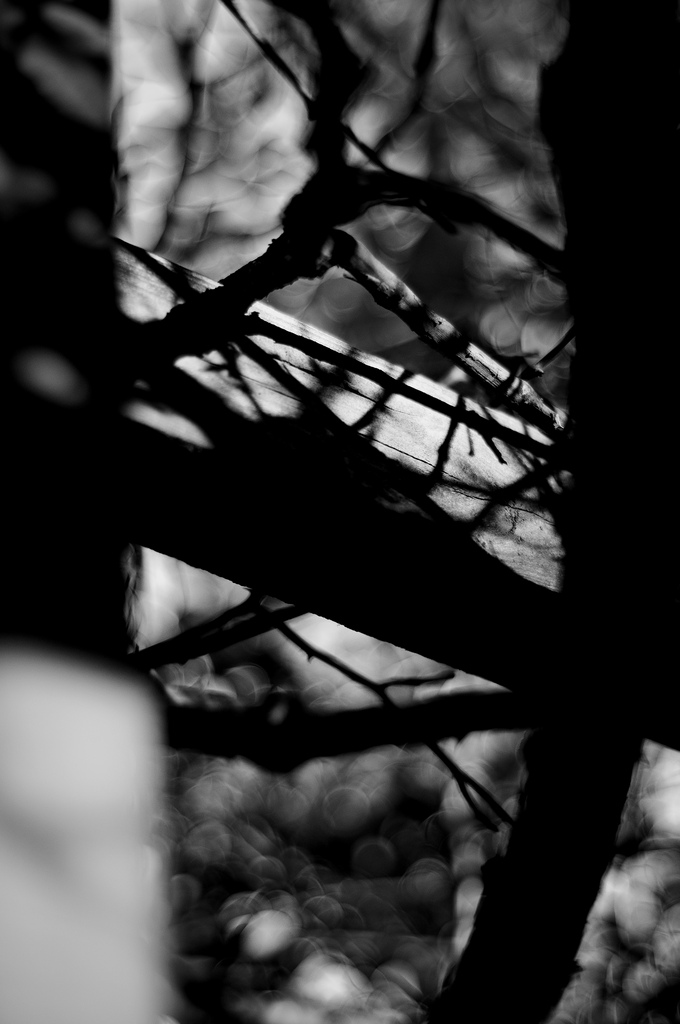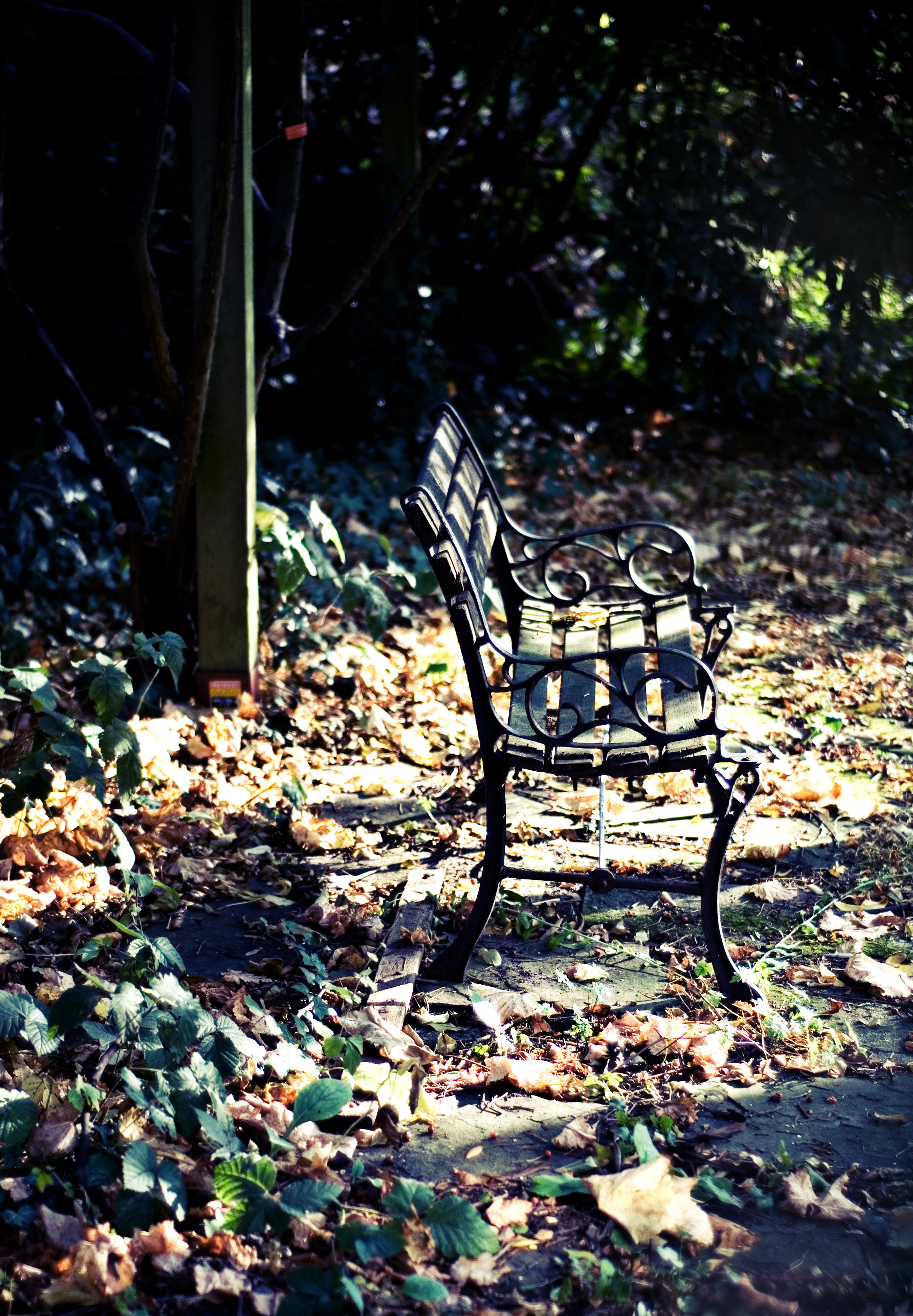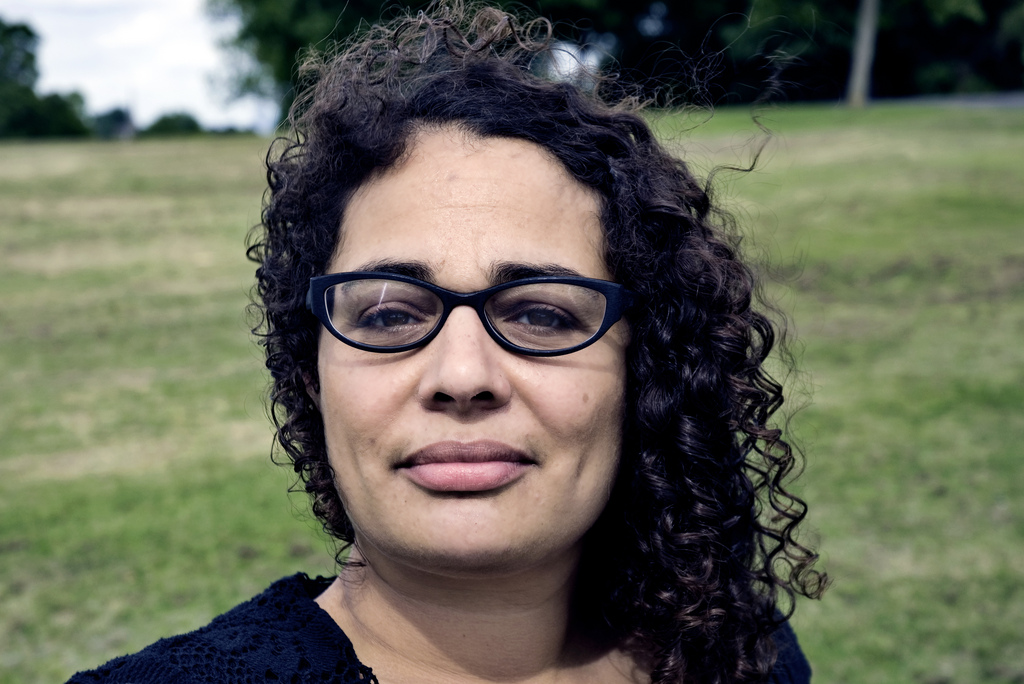It's taken as a given that writers wear all sorts of things to write in, from top hat and tails, threadbare old cardigans to absolutely nothing at all. OK so I lied about the tails. The point I'm making is that it's broadly acknowledged that what you wear whilst you are writing the great novel, symphony or latest blog post has no effect whatsoever on what you are producing.
Truman Capote famously described himself as an 'horizonatal author' saying "I can’t think unless I’m lying down, either in bed or stretched on a couch and with a cigarette and coffee handy. I’ve got to be puffing and sipping."
John Cheever declared "To publish a definitive collection of short stories in one’s late 60s seems to me, as an American writer, a traditional and a dignified occasion, eclipsed in no way by the fact that a great many of the stories in my current collection were written in my underwear.”
Flannery O Connor, who lived with lupus, noted “I write only about two hours every day because that’s all the energy I have, but I don’t let anything interfere with those two hours, at the same time and the same place.”
O'Connor's quote really resonates with me. My ill health means that my energy, and accompanying symptoms, vary enormously. Good (ish) days mean that I can sit here at my desk at 1030 am and begin to write this blog. On bad days after getting up and making breakfast I am back in bed before lunchtime my head spinning, limbs leaden and heavy, exhausted just by sitting up and not able to read or listen to music as everything sets off intense dizzy spells.

And that's why on the days I don't venture out of the house (which are the majority at present) I prefer to stay in my ultra comfortable pj's with my cosy dressing gown bought for me by a very kind friend. Another friend, not alone in his opinion, was well meaning but ill informed. He said he was worried that my experience of ill health (and my attitude to it) could be exacerbated by my choice not to get dressed. I know he was concerned that I would define myself by my illness and nothing else. For him, putting on sweatpants and an old t-shirt made him feel tired and less inclined to do anything.
In fact he does have a point. One of the reasons I wear pyjamas is because it IS relaxing. When my energy drops it feels like the floor has gone from under me and I have to lie down immediately. There's no energy left for undressing or for getting in to something more comfortable. It would be like getting prepared to faint. This way I know that whatever the time of day I am always ready to take care of myself. I am dressed for the job of getting well, or at least not getting more ill.
Conversely I have also managed to achieve a fair amount from my bed. Before this current chapter of ill health I worked from home as a freelancer. One of my many assignments was working in online marketing. I can now confess the majority of this work was undertaken in clothes that would make 'dress down friday' look like I was dressing for the Oscars. These days the majority of my creative output is undertaken without the formality of underwear.
There's an important point to made here about the bridge between those living at home with with chronic illness and writers who often work in solitude. It's this - there's a honesty and self care in both ways of being. For me, the knowledge that I belong to both tribes helps me realise that I'm not alone.
By now you'll have a pretty good idea what I'm wearing to compose this post. I wouldn't have it any other way.









